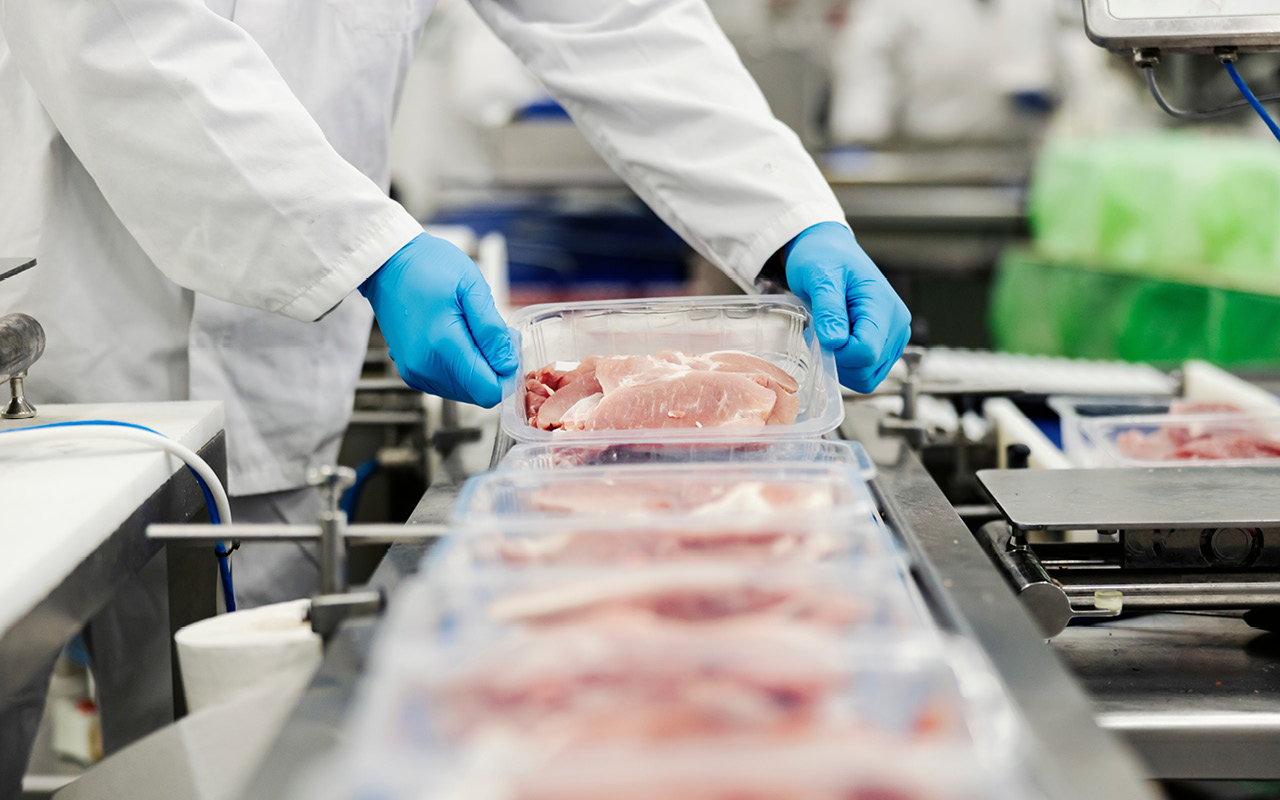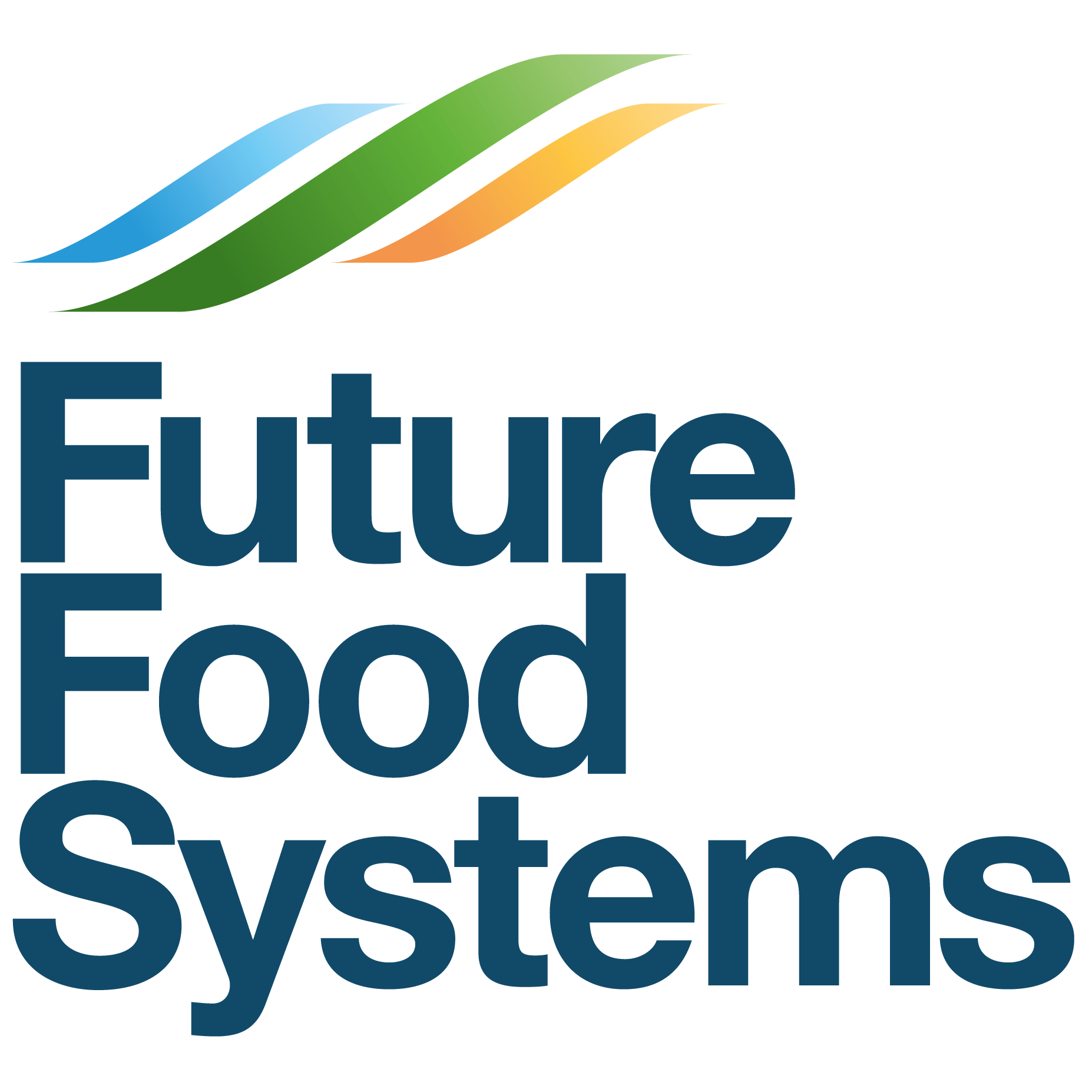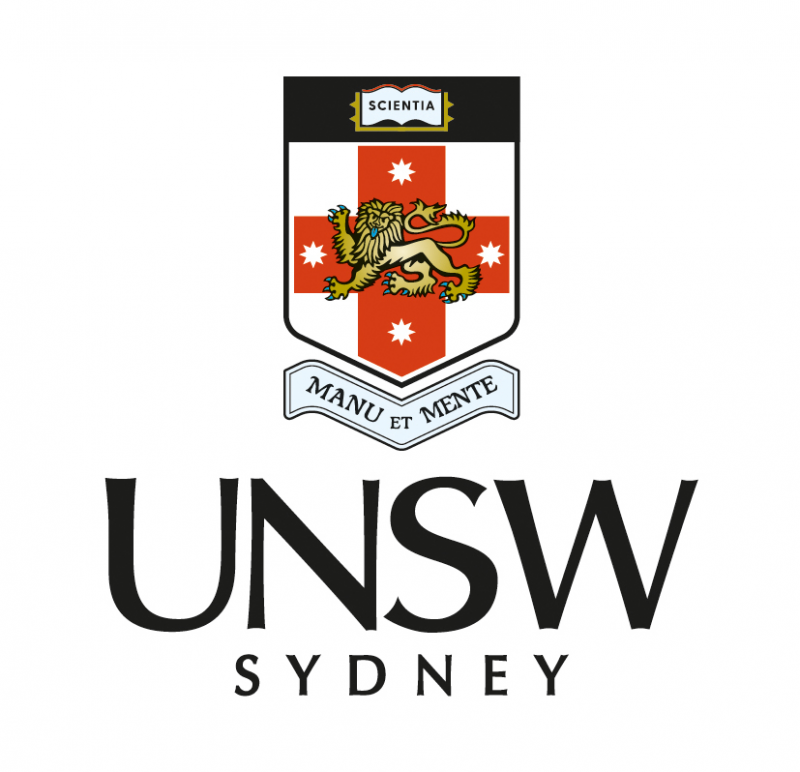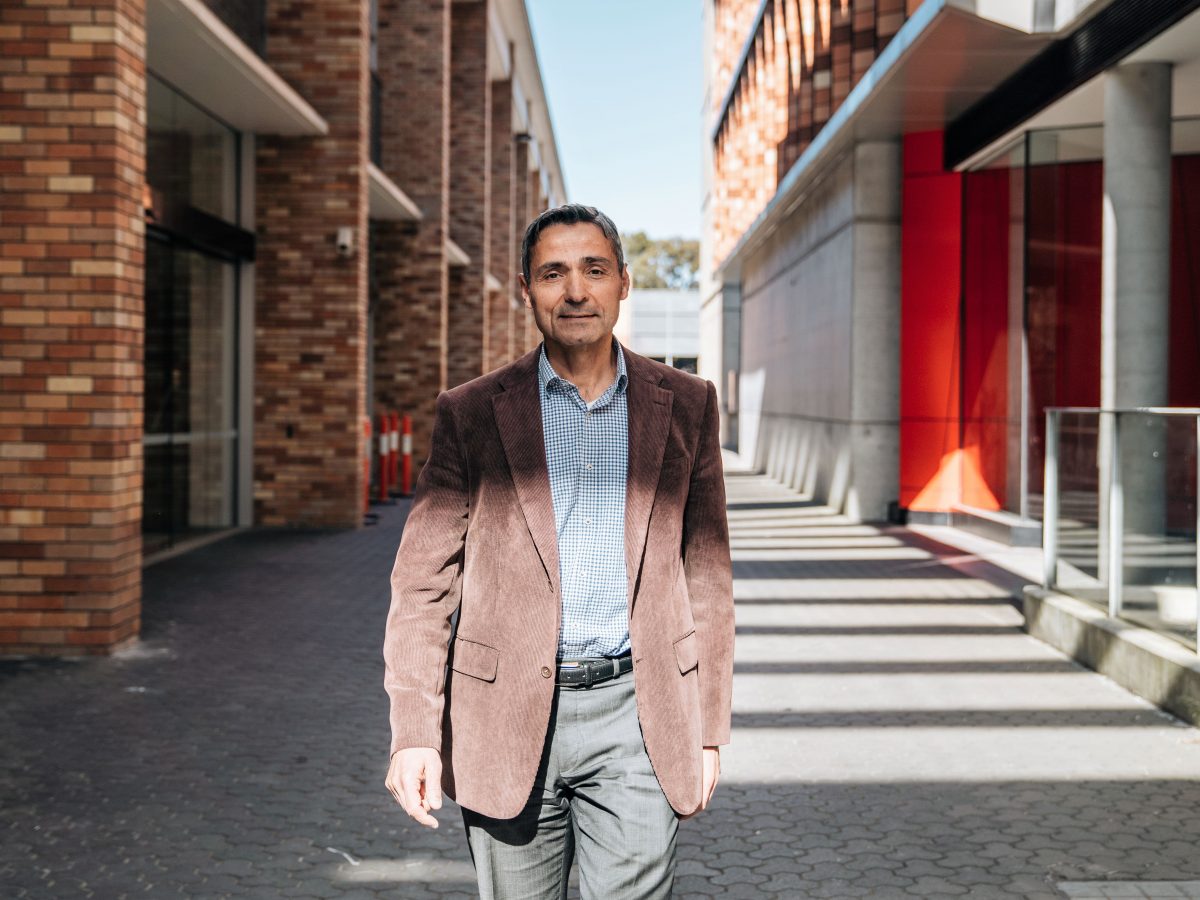Challenge In the food packaging industry, transparent and non-toxic materials remain the standard. However, there is increasing societal concern about the environmental impact of petroleum-based plastics, particularly their contribution to the waste stream. This growing awareness has placed pressure on industry to explore alternative packaging solutions that reduce the use of virgin petroleum-based materials, increase the incorporation of recycled content, and prioritise non-petroleum-based sustainable inputs. These efforts are further reinforced by national policy goals, such as the 2025 National Packaging Waste Target and the National Plastics Plan.
To enable a credible transition to these alternative materials and to support market acceptance, companies must demonstrate the environmental benefits of new technologies. This requires robust life cycle environmental impact assessments during the development phase. Such assessments are necessary to quantify the sustainability of novel transparent packaging solutions in comparison to those they are intended to replace.
Solution This project seeks to develop a rigorous methodology for assessing and quantifying the life cycle environmental impacts of future thermoforming packaging technologies. The approach is designed to be comparative, allowing direct evaluation of new solutions against existing standards. It is also consequential, capturing the broader environmental implications of adopting new materials and technologies throughout their entire life cycle. Importantly, the methodology is dynamic, enabling the quantification of environmental effects as production scales and market volumes grow over time. A tailored set of environmental indicators will be developed throughout the project to support consistent and meaningful assessment across multiple technology pathways.
Impact The dynamic life cycle sustainability assessment framework developed through this project will provide a valuable tool for researchers, technology developers, and decision-makers. By offering a robust and adaptable method for evaluating the sustainability of emerging packaging innovations, the framework will support more informed research and development investments, guide policy formulation, and assist with commercialisation planning.
In doing so, the project contributes to the broader transition toward a circular economy by embedding sustainability considerations into early-stage innovation. The framework helps anticipate and mitigate unintended trade-offs, ultimately encouraging the adoption of environmentally responsible alternatives in the packaging sector. This approach has the potential to set a new benchmark for sustainability evaluation aligned with the complex demands of low-impact, future-ready packaging solutions.








